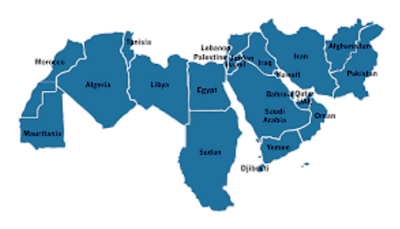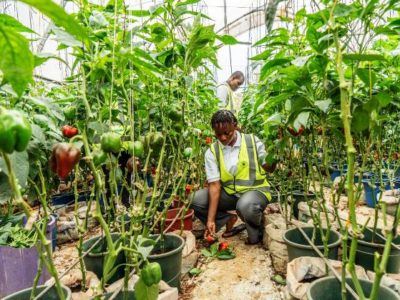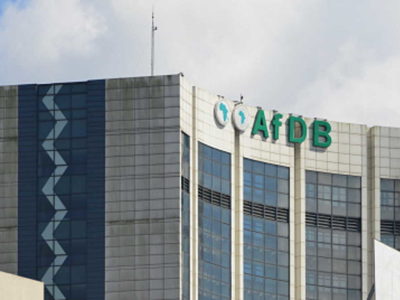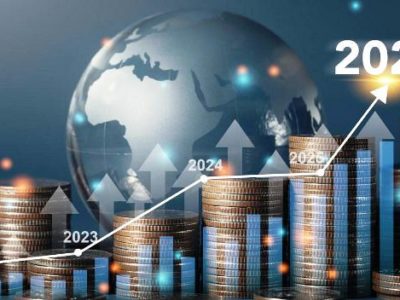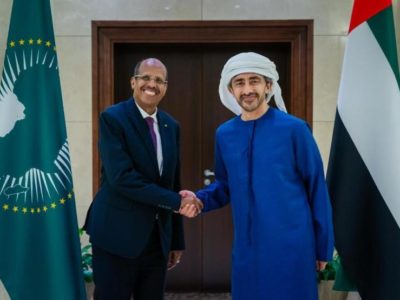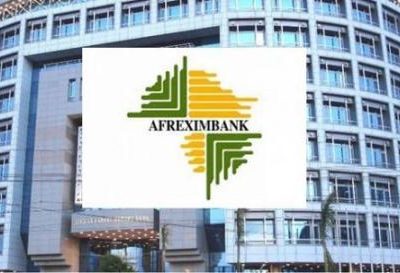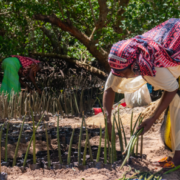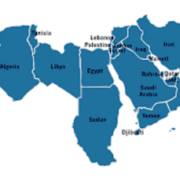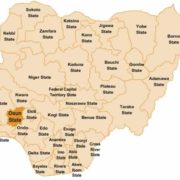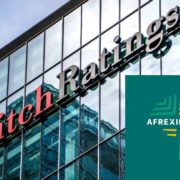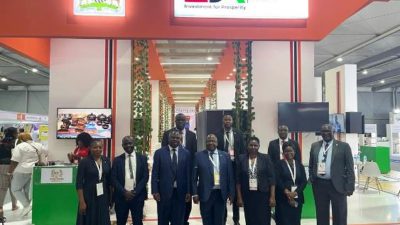
Nigeria’s Buhari and China’s Jinping
By Chinedu James
The loan deal between Nigeria and China poses no risk to the Nigerian economy, the Debt Management Office (DMO) has affirmed as debate rages over Nigeria’s rising debts and her capacity to service them. The International Monetary Fund (IMF) raised concerns over Nigeria’s capacity to meet her obligations to the rising debts.
But the country’s debt manager in a press release on its website assured Nigerians that the loan was facilitated after much assessment and due diligence. The country opted for the Chinese loan in consideration of developing and improving her infrastructure capacity.
The $328 million infrastructure deal was signed when President Buhari attended the Beijing Summit on the forum of China-Africa Cooperation (FOCAC) earlier this month. However, the deal has been criticized by many experts warning that it could damage the economy.
Notable among the critics are Dr. Oby Ezekwesili, former Minister of Education and former Vice President of Africa, World Bank Group. In a tweet, she described it as a bad deal. Her words: “Chinese attitude to indebtedness is the HARDEST in the world. I know, because one had to deal with it in the course of my work @ the World Bank, helping African countries to get the HIPC Debt Cancellation. It ANNOYS ME TO NO END to see our countries BINGING on Chinese Loans.
“The Chinese KNOW EXACTLY what they are doing. If you read their Loan Agreements with African countries, you will see how TIGHT they cover their exposure. Meanwhile, our own Leaders go there to naively, gleefully and with huge dose of inferiority complex, sign on to BAD DEALS.
“However, BORROWING WELL is at the heart of Public Debt Management. Watching the External Loan Bazaar- especially the Chinese genre- that has been happening across Africa in recent times, WE SHOULD ALL BE WORRIED.
Countries are best advised to AVOID the RISKIEST DEBT TYPES.”
On the Contrary, the DMO dispelled such claims, allaying fears in its statement. The agency expressed confidence in the country’s ability to meet the terms of the loan because it is concessional with regards to its long tenor and grace period.
The statement by DMO reads:
“The Debt Management Office (DMO) has observed that there have been various comments in recent times about borrowing by developing countries from China. The comments seem to have become heightened following the recent summit of the Forum on China-Africa Cooperation and claims of potential seizure of national assets by Chinese lenders in some African countries even though the claims have not been validated.
“The DMO has therefore considered it necessary to inform Nigerians about the Government’s borrowing from China. Firstly, it should be noted that based on need, and subject to the receipt of requisite approvals, the Government may raise capital from several Domestic and External sources to finance capital projects, in order to promote economic growth and development, as well as, job creation.
“Regarding external borrowing, the Nigerian Government accesses capital from several sources – Multilaterals, such as the World Bank and the African Development Bank, as well as, Bilateral loans from various countries such as France (through the Agence Francaise de Development -AFD), Germany (KfW), Japan (Japan International Cooperation Agency –JICA), India (India Development Bank) and China (China Export-Import Bank – EXIM).
“These loans from Multilateral and Bilateral lenders are typically used to finance specific capital projects across the country. The International Capital Market is another source of capital.
“One of the reasons why Nigeria would raise capital from Multilateral and Bilateral sources is because they are Concessional which means that they are cheaper in terms of costs and more convenient to service because they are usually of long tenors with grace periods. Prudent management of the public debt implies that the Government should avail itself of the opportunity to access concessional loans which deliver twin benefits of being more cost efficient and supporting infrastructural development.
“Loans from Concessional Lenders have limits in terms of the amounts that they can provide to each country. This makes it necessary for Nigeria to have several sources for accessing concessional capital to increase the total amount available and also, to avoid undue dependence on only a few sources of concessional funds. Borrowing from China Exim is one of such means of ensuring that Nigeria has access to more long term concessional loans. Given the country’s infrastructure deficit, which needs to be urgently addressed, the loans from China Exim, which provide financing for critical infrastructure in Road and Rail Transport, Aviation, Water, Agriculture and Power at concessional terms, are appropriate for Nigeria’s financing needs and align properly with the country’s Debt Management Strategy.
“The public should be assured that Nigeria’s public debt is being managed under statutory provisions and international best practice, and there is no risk of default on any loan, including the Chinese loans. Thus, the possibility of a takeover of assets by a lender does not exist. For the avoidance of doubt, the Government’s borrowing in the Domestic and External markets, including Chinese loans are all backed by the full faith and credit of the Government, rather than a pledge of the Government’s assets.
“Finally, borrowing from China should not be seen from a negative perspective as they are being used to finance Nigeria’s infrastructural development at concessional terms. Moreover, China Exim Loans are only one of the sources of multilateral and bilateral loans accessed by Nigeria and represented only about 8.5% of Nigeria’s External Debt as at June 30, 2018.
“Nigeria’s Public Debt remains sustainable and there is also no risk of default because of Nigeria’s sound Debt Management practices.”

